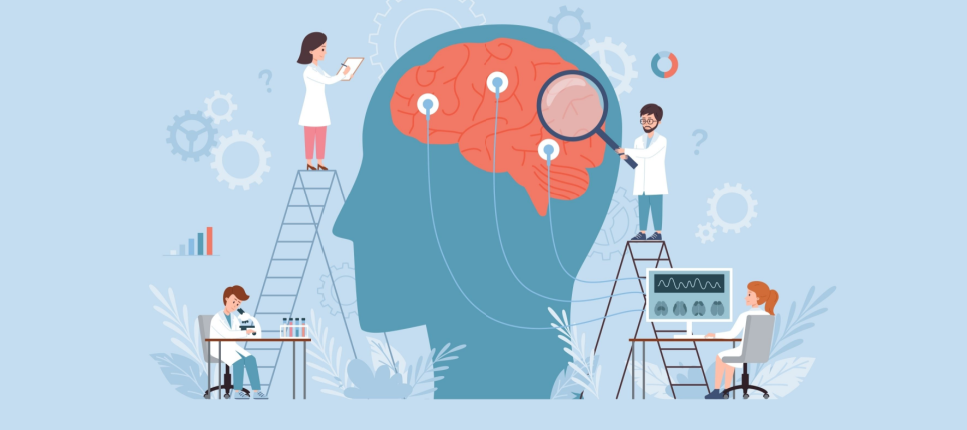For privacy reasons YouTube needs your permission to be loaded. For more details, please see our Privacy Policy.
I AcceptMany of the judgments we make in our daily lives, while seemingly well thought out, are, in fact, far from rational and can lead us to make poor decisions. These erroneous judgments are called “cognitive biases,” and some 250 different ones are known to date. Although the teaching profession encourages the development of critical thinking skills in those who practice it, the learner-teacher relationship is conducive to the development of some of these biases, which can have a significant impact on learning. The Pygmalion effect is one of them, and the first step to better prevent it is to know it better.




